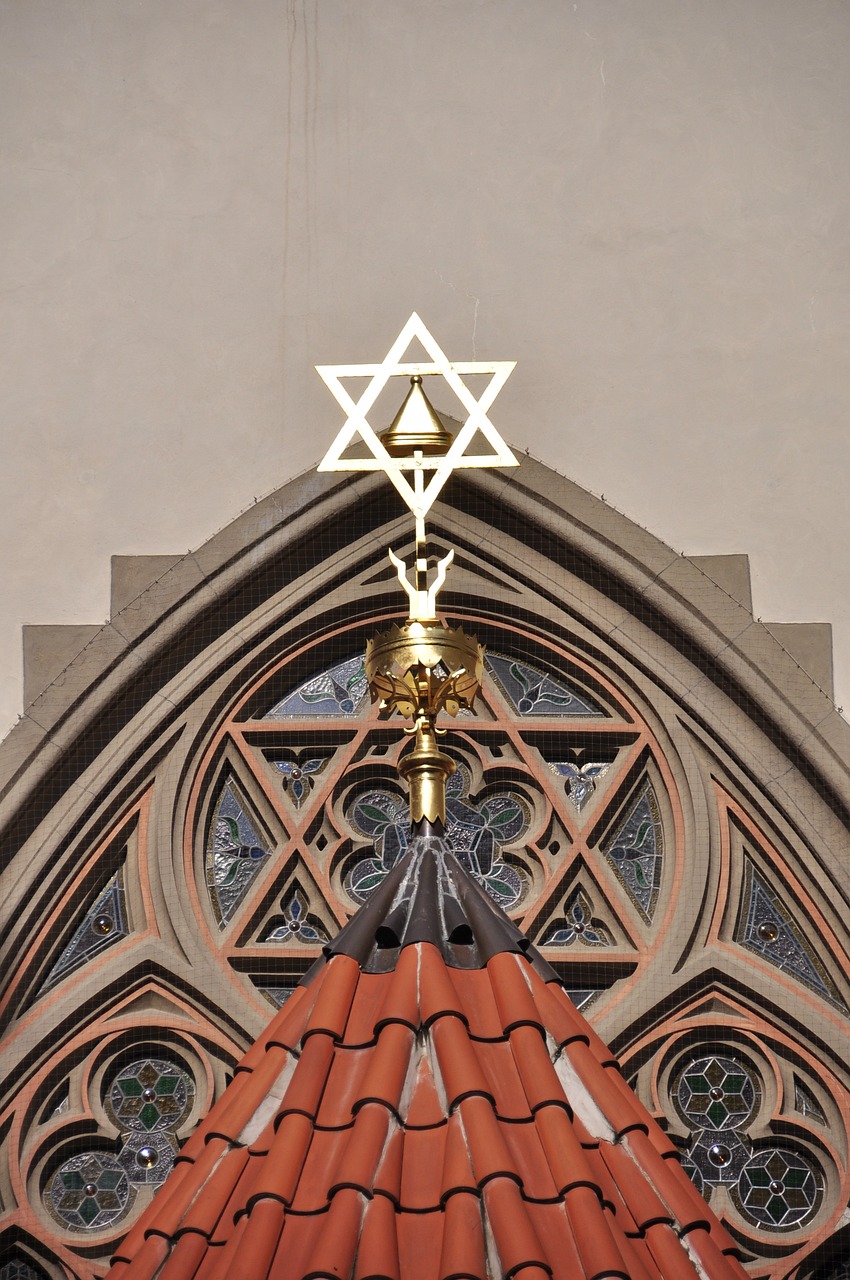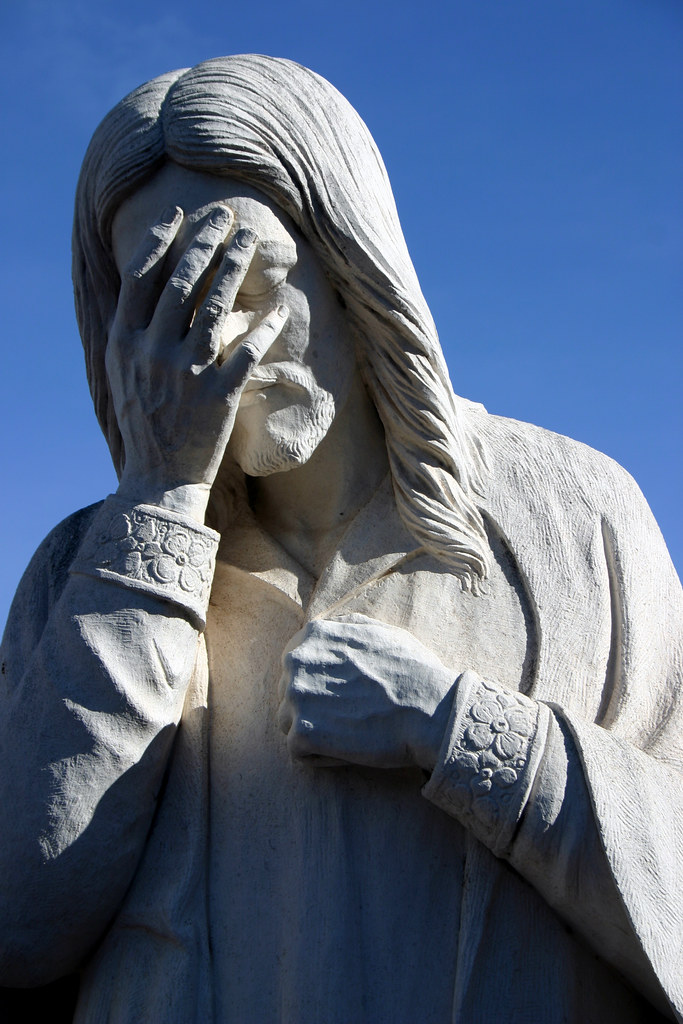Ezekiel 31: A Fallen Cedar and the Whispers of Restoration
Ezekiel 31 takes us on a breathtaking journey through the realm of fallen giants, crafting a poignant allegory for the demise of Pharaoh and the ultimate supremacy of God. Through vivid imagery and powerful pronouncements, the prophet paints a picture of a once-majestic cedar, towering over the forest, now brought low and stripped of its grandeur. This dramatic narrative resonates with Jesus’ teachings on humility, the ephemeral nature of earthly power, and the enduring promise of God’s grace.
The Arrogant Cedar and its Shadowy Kingdom:
Ezekiel compares Pharaoh to a majestic cedar, “tall and broad in expanse, with shade under it where all the beasts of the forest dwelt” (Ezekiel 31:3). This imagery portrays Pharaoh’s immense power and the wide reach of his empire. However, the cedar’s shade also symbolizes the oppression and exploitation inflicted upon those under its dominion. This echoes Jesus’ warning against the dangers of earthly power and the temptation to use it for self-serving purposes (Matthew 20:25-28).
The Axe at the Root:
But the cedar’s reign of dominance faces an abrupt end. God declares, “I will bring a sword against him…He shall be brought down with his branches to the ground…and all the nations shall see their nakedness” (Ezekiel 31:3, 12). This swift and decisive judgment against the seemingly invincible Pharaoh reminds us of the transient nature of earthly glory and the ultimate sovereignty of God. It resonates with Jesus’ parable of the rich fool who hoarded his possessions, only to have his life cut short and his wealth stripped away (Luke 12:13-21).
A Lament for Fallen Glory:
Ezekiel’s prophecy doesn’t merely pronounce judgment; it also offers a poignant lament for the cedar’s demise. He describes the sorrow of the earth and the trembling of the heavens at the fall of this once-mighty tree. This evokes empathy for the human cost of Pharaoh’s downfall and reminds us that even in the face of judgment, God does not delight in the suffering of his creatures (Ezekiel 18:23). This sentiment finds echo in Jesus’ lament for Jerusalem, a city headed for destruction due to its rejection of his message (Luke 19:41-44).
Hope Amidst the Fallen Leaves:
However, amidst the lament for the fallen cedar, a whisper of hope persists. Though seemingly destroyed, the tree’s roots remain deep in the earth, suggesting the possibility of future restoration. God declares, “In the depths of the underworld…they shall see your shade” (Ezekiel 31:18). This imagery can be interpreted as a symbol of hope for Pharaoh and his people, hinting at the potential for redemption even in the afterlife. Moreover, it aligns with Jesus’ teachings on the afterlife and the ultimate victory over death offered through his sacrifice (John 11:25-26).
#Ezekiel30, #Egypt, #Nebuchadnezzar, #Prophecy, #Judgment, #EarthlyPower, #GodsSovereignty, #JesusTeachings, #MaterialPossessions, #Hope, #Restoration, #DayofJudgment, #Accountability, #Forgiveness, #Renewal, #KingdomofGod, #Transformation, #GodsGrace, #Humility
Beyond the Forest’s Edge:
The fallen cedar, while representing Pharaoh’s demise, can also be seen as a broader symbol of human pride and rebellion against God’s will. Its fate serves as a cautionary tale for all who seek to elevate themselves above divine authority. Yet, the hope hinted at through the tree’s surviving roots offers a message of universal applicability. It reminds us that even in the face of our own failings and the consequences of our choices, God’s grace can offer the possibility of restoration and new life.
Echoes in the Garden of Eden:
Interestingly, the imagery of the cedar in Ezekiel 31 resonates with the tree of knowledge in the Garden of Eden. Both represent knowledge and power, but also the potential for transgression and pride. While the tree in Eden led to humanity’s fall, the fallen cedar in Ezekiel’s prophecy offers a glimmer of hope for redemption and a restoration of relationship with God. This connection serves as a reminder that our journey towards reconciliation with the divine, though fraught with challenges, ultimately holds the promise of a renewed paradise, not just for Pharaoh and his people, but for all who turn to God with humility and repentance.
A Choice for All:
Ezekiel 31 compels us to reflect on our own place in the grand narrative of life. Will we cling to the fleeting glory and power of a fallen cedar, or will we allow our roots to delve deep into the fertile ground of humility and reliance on God’s grace? The choice, ultimately, lies with each of us: to embrace the arrogance that leads to inevitable downfall, or to seek the transformative power of God’s love and the hope of restoration offered even in the darkest of times.



